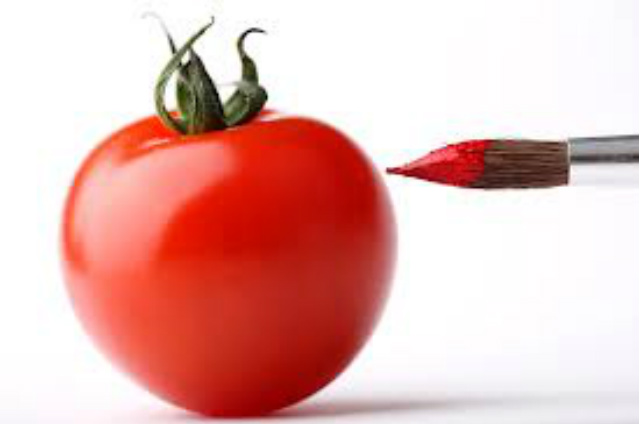 Counterfeit foods and food fraud are growing issues and concerns. According to the National Center for Food Protection and Defense, Americans pay between $10 billion to $15 billion for fake or counterfeit food each year.
Counterfeit foods and food fraud are growing issues and concerns. According to the National Center for Food Protection and Defense, Americans pay between $10 billion to $15 billion for fake or counterfeit food each year.
People in Europe are also subject to food fraud and counterfeiting. The European press reported the Departments of Europol and Interpol are cracking down on food fraud in Europe.
The black market of counterfeit foods
It appears drug dealers are now focusing their efforts and attention on the black market of counterfeit food. With the demand for cheap food, plus the profits to be gained by selling counterfeit foods, minimal legal penalties, lack of law enforcement, and budgets being cut for food analysis and standards, counterfeiters have much to gain in marketing fake consumables.
Recently, a European surveillance program in West Yorkshire sampled products from large food stores, fast-food restaurants, food outlets, manufacturers, and independent retailers. Of the 900 sampled products, close to 40 percent of the samples were not what they were advertised as and mislabeled.
One of their reported discoveries was herbal slimming tea; void of any tea or herbs. It actually contained 13 times the normal dose of prescription obesity medication mixed with glucose powder.
Additional, juices contained illegal additives including brominated vegetable oil, intended to be a flame retardant. In fact, vodka included isopropyl alcohol; an industrial solvent used in antifreeze.
More counterfeit foods
In the United States, according to Seattle Times, olive oil imports are reinforced by,
“…high foreign tariffs, lavish European subsidies and persistent labeling fraud all complicate efforts to build the domestic U.S. olive oil industry.”
The University of California, Davis tested 21 brands of imported olive oil and found nine samples mislabeled as “extra virgin,” when in fact they failed USDA sensory standards, and two of the samples had canola oil in them.
In the U.S., honey is on the list of counterfeit foods, as well. Americans consume more honey than any other country in the world; they consume close to 400 pounds of honey each year. Moreover, the U.S. has a strong honey industry.
Nonetheless, China’s underground honey operation has found a way to export their fake honey to the U.S. by presenting fake point-of-origin documents and labels. The honey from China that gets in U.S. markets often contains lead, antibiotics, fructose, molasses, and more.
The U.S. Food and Drug Administration and legislation protect American consumers and producers. Nonetheless, some counterfeit foods are slipping through and finding a way to the consumer.
Oh my goodness, George! I am shocked, yet, not really surprised. the impact of this organized deception had not hit me so hard as just now.
I am wondering how you feel when you research this.
So, basically what is going on is what I often say, “The marketing and packaging make parents feel good about feeding their children poisons.”
Thank you for your post, Malika.
To answer your question, I’m sympathetic for people who become victims of unlawful and inhumane behavior.
In order to help people gain knowledge to prevent unhealthy circumstances and products, I try to share what I can with what I discover. I also attempt to prepare my meals by purchasing locally grown produce; I grow my own vegetables and spices; make my own bread, and purchase items from name brand companies, if possible. I also limit what I buy.
Reading labels helps; however, as I stated in this article, some companies mislabel products.
In essence, “fresh” is best. Keeping abreast of alerts from the FDA, EPA, and other sources can help in preventing becoming victim. Unfortunately, many people don’t have the time to keep up-to-date with what’s going on.